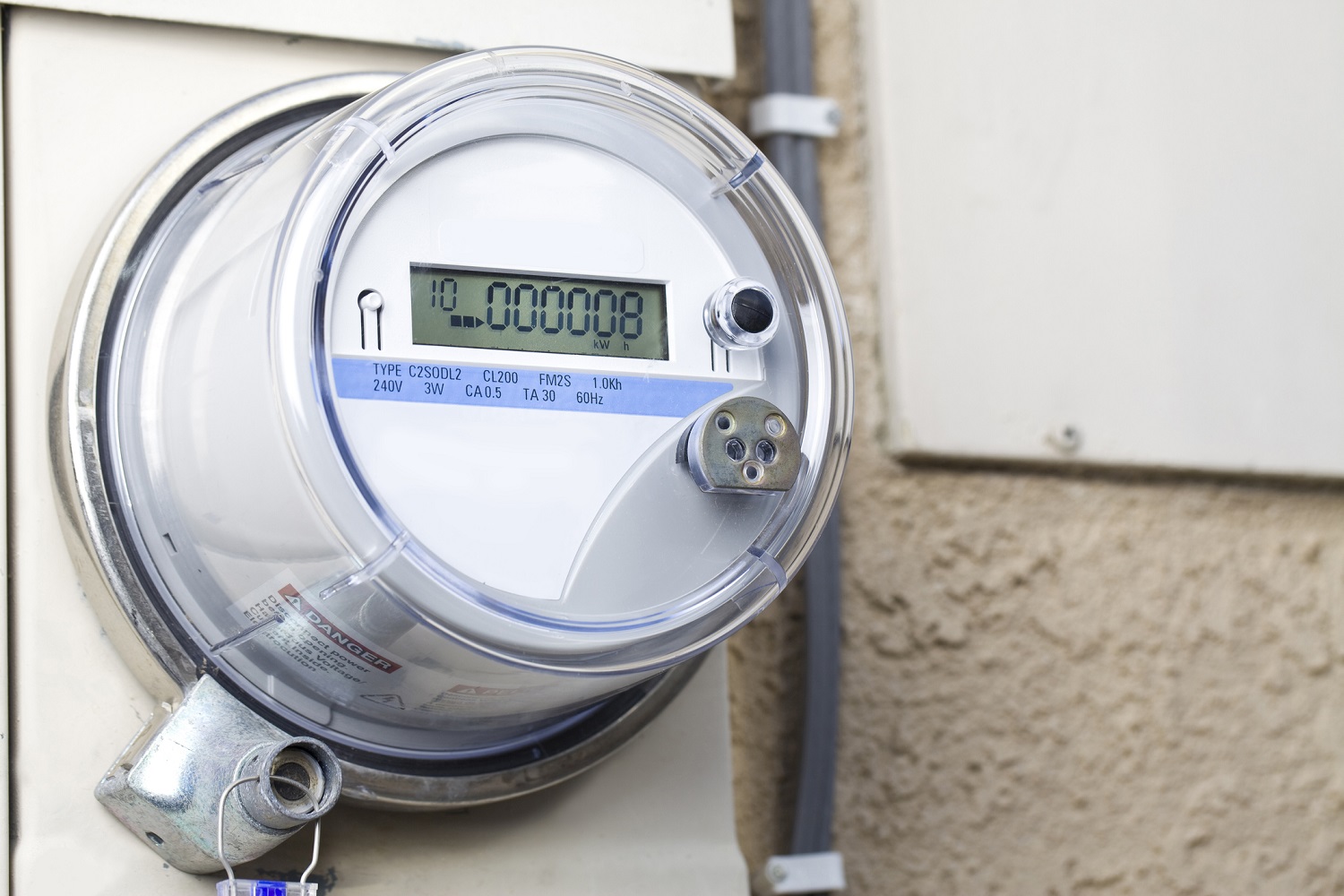
A utility bill audit is a process where a utility auditing company or utility audit or analyzes a company’s utility bills to check for errors, billing discrepancies, and other mistakes. Since utility bill calculations can be very complex, the billing statements are prone to errors and billing overages. There are a few main areas that a utility auditing firm will look at when performing a utility bill audit:



